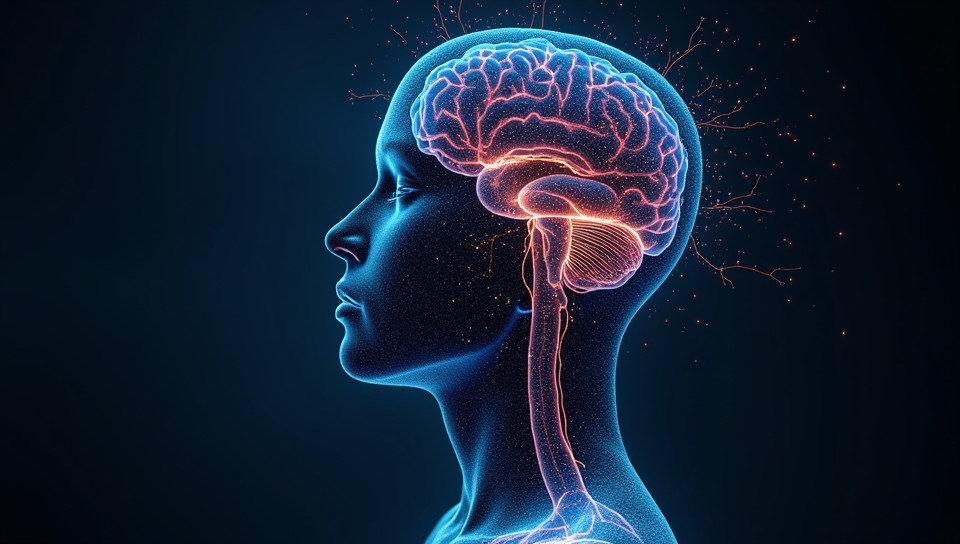Our nervous system has linear causal relationships built in 85%

The Hidden Patterns in Our Nervous System
Have you ever wondered how our bodies can respond so quickly to threats or opportunities? How do we know when to react, and when to relax? The answers lie in the intricate web of connections within our nervous system. Recent research has revealed that our nervous system is built with linear causal relationships, providing a clear path for signals to flow and responses to be triggered.
What are Linear Causal Relationships?
Linear causal relationships refer to the way in which one event can cause another event to occur in a predictable and direct manner. In other words, if A happens, then B will follow as a result. This is in contrast to complex systems where multiple factors interact with each other in non-linear ways.
The Nervous System's Linear Causal Relationships
Our nervous system is made up of billions of neurons that communicate with each other through electrical and chemical signals. These signals travel along specific pathways, creating a network of connections that allow our brain to process information and respond accordingly.
- Sensory input (e.g. light, sound, touch)
- Processing in the sensory cortex
- Signal transmission to the motor cortex or other areas for response
The key point here is that these signals follow a predictable path, allowing our nervous system to make quick and accurate decisions based on the information it receives.
The Implications of Linear Causal Relationships in Our Nervous System
Understanding linear causal relationships within our nervous system has significant implications for fields such as neuroscience, psychology, and artificial intelligence. By recognizing these patterns, researchers can develop more effective treatments for neurological disorders, create more realistic models of human behavior, and design more efficient AI systems.
Conclusion
The discovery of linear causal relationships in our nervous system is a groundbreaking find that opens up new avenues for research and innovation. By acknowledging the simplicity and clarity of these connections, we can unlock a deeper understanding of how our bodies work and develop more effective solutions to improve human health and performance. As we continue to explore this fascinating topic, one thing is clear: the patterns hidden within our nervous system hold the key to unlocking new possibilities for us all.
- Created by: Kelly Clancy
- Created at: Oct. 14, 2024, 5 a.m.
- ID: 12660








